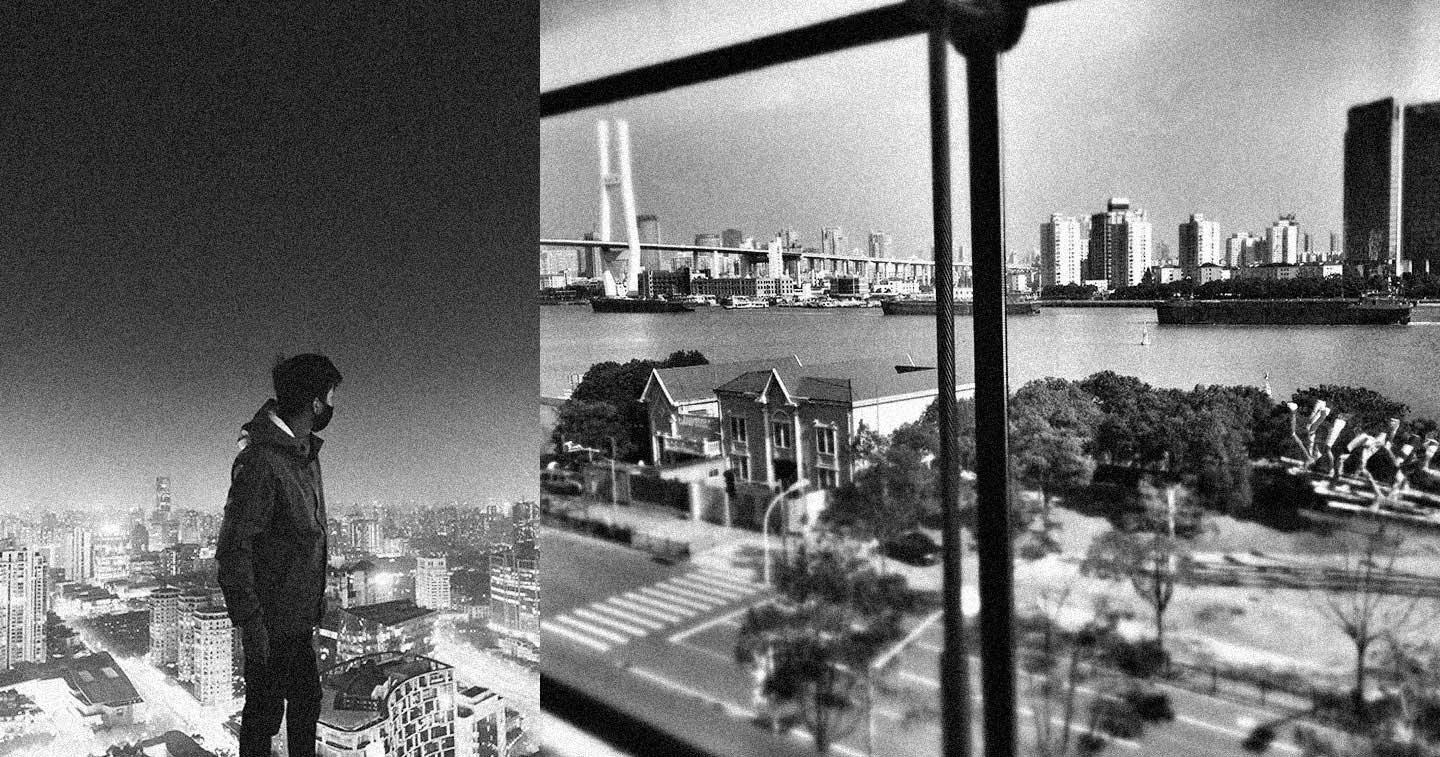SHANGHAI, CHINA — Hakuhodo Institute of Life and Living Shanghai (HILL Shanghai) in May conducted an internet survey into the attitudes and behavior of Chinese sei-katsu-sha as the COVID-19 crisis comes to an end. We summarize the findings of this research, titled “Survey into the Post–COVID-19 Attitudes and Behavior of Chinese Sei-katsu-sha,” below.
Since March, when new cases of the novel coronavirus stabilized in China, restaurants, shopping malls and other businesses have been rapidly reopening and companies have become extremely active in their efforts to stimulate consumption among sei-katsu-sha. However, the findings from HILL Shanghai’s most recent study paint a picture of reluctant and prudent consumption attitudes and behavior, with many Chinese sei-katsu-sha deeply concerned about a second wave of the virus and focusing their efforts on protecting themselves and preparing for the future. Despite talk of China entering a post–COVID-19 period ahead of the rest of the world, sei-katsu-sha’s mindsets are still “under COVID-19.”
Changes in lifestyle attitudes and behavior: Continuing self-protection and the advent of a “strike first” attitude
- The self-protection mindset remains high, with “Want to continue the hygiene habits gargling, washing my hands and sanitizing” scoring 86%.
- A new desire to strike first is appearing, with “Want to prepare my life with the future in mind” scoring 69%.
- This prepare-for-the-future mindset is evident in the growth in Investing, asset management and saving (51%–>55%) since before the COVID-19 outbreak.
Changes in consumption attitudes and behavior: Consumer confidence is recovering, but shopping behavior remains half-hearted
- According to HILL Shanghai’s monthly Consumption Barometer Survey (*Note 1), the Consumption Desire Index (*Note 2) for Chinese sei-katsu-sha, which at 62.8 pts in February was down significantly on the previous month, has returned to pre–COVID-19 levels, with scores of 73.5 pts in April, 73.6 pts in May, and 73.9 pts in June.
- At the same time, in consumption behavior trends, scores for Worry about saving money more often (57%), Choose things that are good value for money (53%) and Refrain from making major purchases (52%) were higher than those for the proactive attitudes and behaviors Bought something I was denying myself (35%), Spent money to buy something better (21%) and Want to buy luxury brand goods (10%).
- The top product categories respondents want to spend on were everyday necessities: Medical supplies/Health products (57%), Food (54%), Insurance/Investment products (49%), Bath and toilet goods (38%) and Kitchen goods (37%), while the top products they want to save money on were entertainment and luxuries: Eating out (53%), Timepieces/Jewelry/Perfumes (48%), Travel (48%), Entertainment (36%) and Beverages/Alcohol (32%).
*Note 1: Consumption Barometer Survey: A time-series survey on consumption desire conducted monthly by Hakuhodo Institute of Life and Living Shanghai.
*Note 2: Consumption Desire Index: Quantifies responses to the question: If your peak consumption desire (desire to buy things or use services) rates 100 points, how would you rate your consumption desire for the next month?
Hakuhodo Institute of Life and Living Shanghai is conducting various studies into sei-katsu-sha in the post–COVID-19 period. The Institute conducts exclusive online seminars and reporting for companies that would like to understand tomorrow’s sei-katsu-sha.








